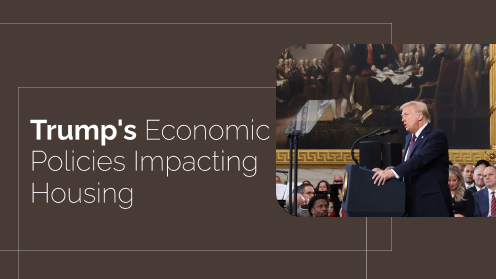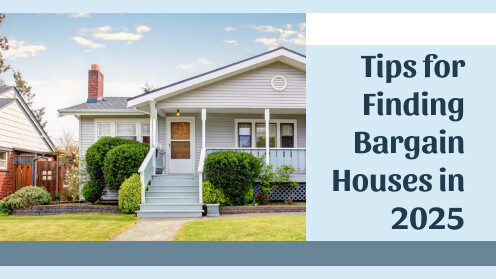As 2025 approaches, many are exploring the best states for homeownership in the U.S. Key contenders include Iowa, known for its low cost of living and stable housing market; Indiana, offering affordability and a blend of urban and rural living; and Utah, with a strong job market and beautiful scenery. Other notable states are New Hampshire, Nebraska, Minnesota, Idaho, Vermont, Washington, and Florida, each presenting unique advantages like safety, community, and investment potential. Thorough research is essential for prospective buyers.
Continue to full article
Utah lawmakers are struggling to tackle the state's housing affordability crisis, as recent bills promoting smaller housing types have stalled. HB88 and HB90, which proposed mandatory accessory dwelling units and smaller lot sizes, faced local government resistance over control issues. Lawmakers prefer incremental changes and partnerships with local leaders. Critics fear these mandates could disrupt local planning, while supporters argue they're essential for boosting housing supply and affordability.
Continue to full article
A Utah House committee did not vote on two housing bills, HB 88 and HB 90, aimed at addressing the state's housing shortage, despite support from the governor's office. HB 88 would allow detached accessory dwelling units in urban residential zones, while HB 90 would permit single-family homes on smaller lots. The bills faced opposition from the Utah League of Cities and Towns, which argued they would undermine local land authority. Utah's housing shortfall continues to grow, with a need for 153,000 new units by 2030.
Continue to full article
Utah lawmakers are facing challenges in addressing the housing affordability crisis, with two bills aimed at allowing smaller homes failing to progress in the legislative session. Rep. Ray Ward's proposals, which included permitting accessory dwelling units and smaller lot sizes, faced opposition from local governments concerned about losing control over zoning. Critics argue that such measures could lead to uncontrolled development, while supporters believe they are necessary to increase housing supply. The legislature appears to favor incremental changes rather than sweeping reforms.
Continue to full article






